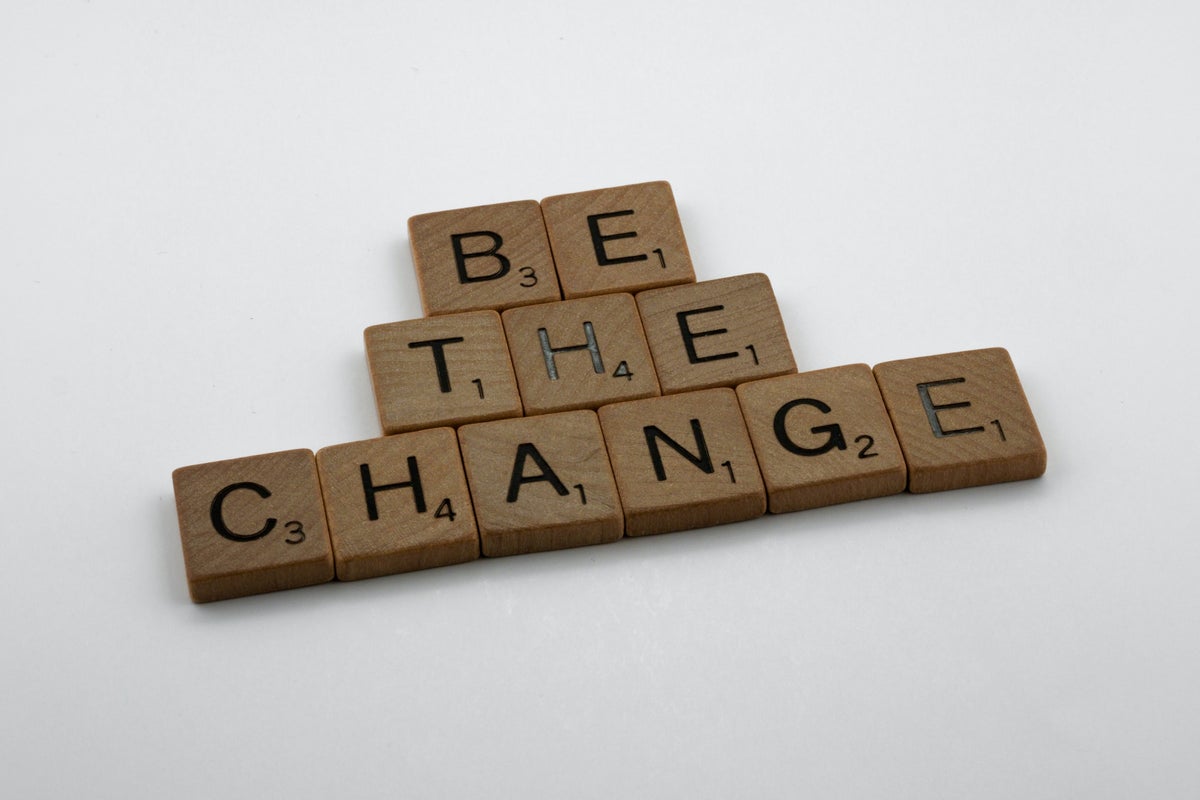[ad_1]
August 17 was National Nonprofit Day, which you may not have heard of but surely you will recognize these six groups who are and have been on the front lines of cannabis progress working for an equitable future for every generation affected by the War on Drugs, which among other problems has generated billions of dollars wasted in racially-biased arrests.
According to the ACLU, the war on Cannabis still costs American taxpayers about $3.6 billion. As cannabis legalization sweeps across the U.S., one can’t miss the prosperity the industry is experiencing and forget that less than a generation ago, judges meted out harsh sentences, especially among marginalized communities.
Decades of excessive policing in communities of color have created a sense of mistrust during encounters with local police.
As an example, an ACLU research report noted that “there were more than six million arrests between 2010 and 2018, and black people are still more likely to be arrested for marijuana possession than white people in every state, including those that have legalized marijuana.”
Take a Look at What These NGOs Are Doing:
Cannabis Workers Coalition is a nonprofit and de facto union for cannabis workers, particularly cannabis workers of color, that brings support to employees who are not members of a collective bargaining organization or have been legally excluded from coverage by U.S. labor laws helping them from incident reports to employer investigations. The Coalition’s purpose is to improve work conditions through the implementation of training programs and direct outreach. If you want to join the movement and support CWC’s innovative programming led by women of color donate here.
Image by Cannabis Workers Coalition
Marijuana Policy Project (MPP), an organization working solely on marijuana policy reform in the US is on a mission to change federal law to allow states to determine their own cannabis policies. Founded in 1995, MPP has been instrumental in establishing the medical and recreational legalization that changed the landscape of contemporary cannabis culture. The organization was the driving force behind ballot measures in Alaska, Colorado, Maine, Massachusetts, Michigan, Montana, and Nevada. It continues to focus on regulating cannabis like alcohol in several other states, while also pushing for medical cannabis bills in Nebraska, South Carolina, and Tennessee.
Image by Marijuana Policy Project
Supernova Women is an Oakland nonprofit 501(c)(3) nonprofit formed to boost women’s involvement and influence in the cannabis industry, particularly among women from the BIPOC community. The organization prioritizes education, advocacy, and network building through the development of the groundbreaking Social Equity Workforce Development Cohort, a highly specialized program that assists community members impacted by the War on Drugs. Through its annual social equity impact report Supernova shows the group’s efficacy.
Image by Supernova Women
Cannaclusive was created to facilitate the fair representation of minority cannabis users. It was inspired by the growing opportunities and focused on the diversity issues taking place in mainstream cannabis culture. It has an excellent guide to minority-led cannabis businesses in every state to help shoppers make smart purchasing decisions. Intended to provide a solution for users who want to contribute to a more equitable cannabis industry but lack the additional funds to channel to a favorite non-profit organization. Cannaclusive also ensures that minority consumers are a valuable ally in the fight for legalization and destigmatization.
Image courtesy of Cannaclusive
Women Grow is another encouraging program that supports women in cannabis. Established in 2014 as a way to invest in the next generation of femme leaders, the group hosts seminars to help founders continue their cannabis education and arranges events to build strong community networks. Women Grow envisions a future in which cannabis prohibition ends on a global scale, and it wants women to be ready to lead in all facets of the industry once that happens.
Women Grow and Benzinga have come up with the “INVEST IN HER” tagline, created to amplify women-owned businesses at the upcoming Benzinga Cannabis Capital Conference. Through this partnership, four women-owned cannabis businesses will have their sponsorship fees waived and several more will showcase their products and brands at no cost in the Benzinga Cannabis Capital Conference exhibit hall.
Americans for Safe Access (ASA) is a large and well-established nonprofit with a long list of historical policy changes under its belt. Not only do they advocate for the rights of medical cannabis patients at the federal and state level, but they also built the world’s first International Cannabis and Cannabinoid Institute. They support medical professionals and patients by offering accredited education programs, as well.
Image by Americans for Safe Access
Becoming A Conscious Cannabis Advocate
There are many organizations whose mission is to work on social equity issues ranging from policy reform to racial justice. Including NuProject, located in Portland, which works to boost BIPOC cannabis entrepreneurs; the Oregon Handlers Fund, which provides low-income applicants with money for marijuana worker permits; and the Last Prisoner Project, a national group that provides legal assistance to nonviolent cannabis-related offenders, among others.
Recently, the Last Prisoner Project along with the National Association of Criminal Defense Lawyers came together to establish the Cannabis Justice Initiative, an initiative that works to facilitate clemency and compassionate release for those who continue to languish behind bars due to cannabis. prohibition. Launched in the spring of 2021, the initiative recruits, trains, and matches volunteer attorneys with clemency candidates and successfully helps secure releases.
In addition, Our Academy is a 501(c)(3) nonprofit digital native mentorship program that assists independent BIPOC cannabis entrepreneurs and is “open to knowledge sharing and supporting social equity qualified applicants, partners, and other disproportionately impacted and targeted communities of the war on drugs.”
Photo: Courtesy Of Brett Jordan On Unsplash
[ad_2]
Image and article originally from www.benzinga.com. Read the original article here.

